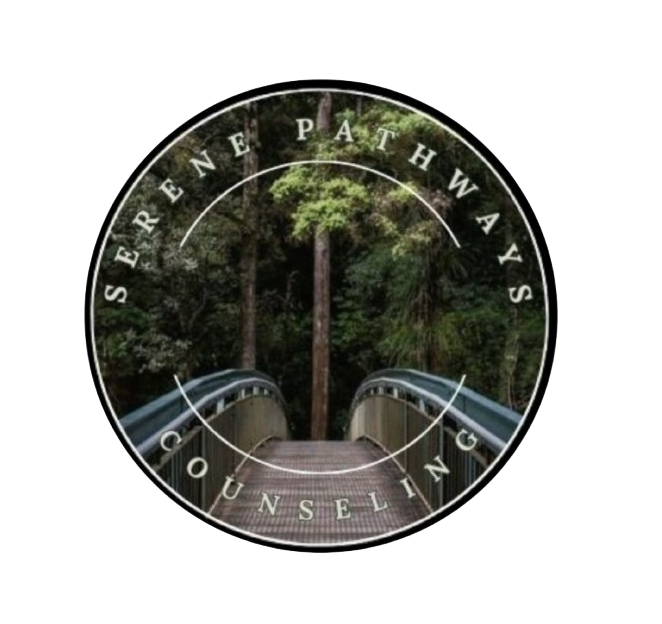SERENE PRO: Integrating Trauma-Informed Care Into Every Session
In the mental health field, “trauma-informed care” has become more than just a buzzword—it’s a cornerstone of ethical and compassionate practice. Whether you’re a newly licensed therapist or a seasoned clinician, weaving trauma awareness into every session can deepen your connection with clients and lead to better outcomes.
But true trauma-informed care isn’t just a framework or checklist. It’s a way of being with clients that acknowledges how trauma shapes their worldview, their relationships, and their nervous system. When we embody this perspective, every interaction—verbal or nonverbal—becomes an opportunity to create safety and healing.
🌱 Understanding the Essence of Trauma-Informed Practice
Trauma-informed care begins with the understanding that trauma is not an event—it’s a wound that alters the way a person experiences the world. It affects the brain, body, and emotions in profound ways. As clinicians, this understanding helps us move from “What’s wrong with you?” to “What happened to you?” and ultimately, to “What’s strong within you?”
Being trauma-informed means approaching every client interaction with curiosity and compassion. It means recognizing that behaviors often labeled as “resistance,” “avoidance,” or “non-compliance” may, in fact, be protective adaptations developed to survive painful experiences.
💬 Practical Ways to Integrate Trauma-Informed Care into Every Session
Even subtle shifts in approach can make a world of difference. Here are a few actionable ways to bring trauma-informed care into your daily practice:
Start with Transparency: At the beginning of sessions, outline what to expect. Let clients know they can pause, decline, or redirect any activity. Predictability fosters safety.
Notice the Nervous System: Pay attention to nonverbal cues such as fidgeting, gaze aversion, or shallow breathing. These often indicate activation, signaling when to slow down or ground.
Language Matters: Replace pathologizing terms (“avoidant,” “manipulative,” “non-compliant”) with neutral descriptions (“protective,” “self-preserving,” “seeking control”).
Grounding Together: Model grounding techniques such as deep breathing or sensory awareness. Co-regulation helps the client’s nervous system mirror calm and safety.
Emphasize Strengths: Highlight resilience and adaptive coping mechanisms. This shifts the focus from “damage” to “growth.”
Reflect on Power Dynamics: Trauma often involves powerlessness. Continually assess how you, as a clinician, can balance the inherent authority of your role.
These micro-practices, when done consistently, can turn each session into a sanctuary of healing and agency.
🧩Reflecting on Your Own Trauma Lens
Trauma-informed care isn’t only about your clients—it’s also about you. Clinicians who work with trauma inevitably carry the emotional residue of their sessions. Without awareness and self-care, this can lead to vicarious trauma or compassion fatigue.
Consider asking yourself:
How does my own history shape the way I show up with clients?
Where might I unintentionally minimize or over-identify with trauma narratives?
What practices help me reset and stay regulated after challenging sessions?
Reflective supervision and peer consultation are invaluable here. They not only keep you grounded but also ensure ethical, attuned, and sustainable practice.
🌼 A Call to Compassionate Presence
To practice trauma-informed care is to honor the courage it takes for a client to show up and be vulnerable. Every time we slow down, validate, and offer choice, we send the message: You are safe here. Your voice matters. Healing is possible.
And that’s the heart of our work—not to fix or diagnose, but to witness, to empower, and to hold hope when it feels far away.
If you’re a clinician, explore our free mental health resources — they may benefit your patients, too.
🆓 Download our FREE Mental Wellness Workbook + Therapy-Themed Affirmation Cards, or share them with those you support:
👉 https://www.serenepathways.com/free-offerings
📍 11800 Central Ave, Suite 225, Chino, CA
📞 909-591-5085 | 📧 Stuartkaplowitz@serenepathways.com
🌐 www.serenepathways.com
